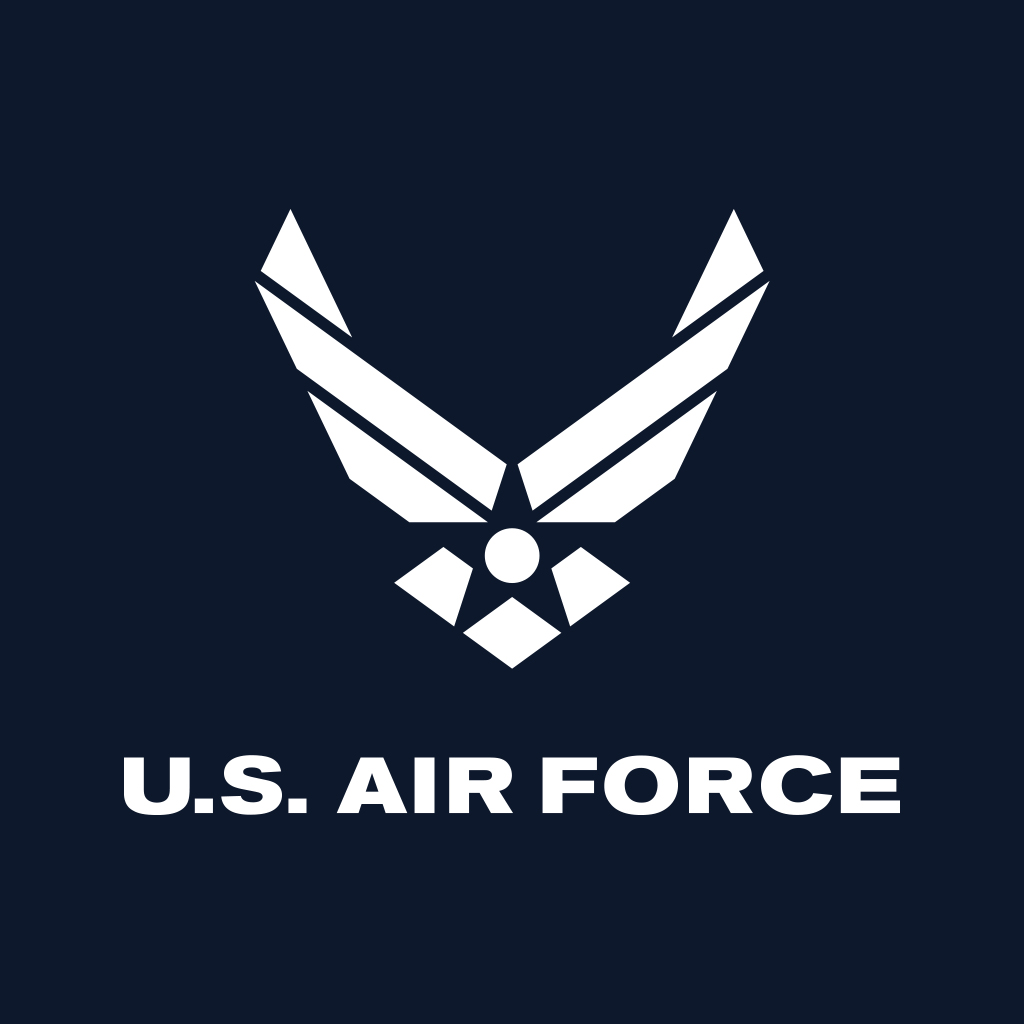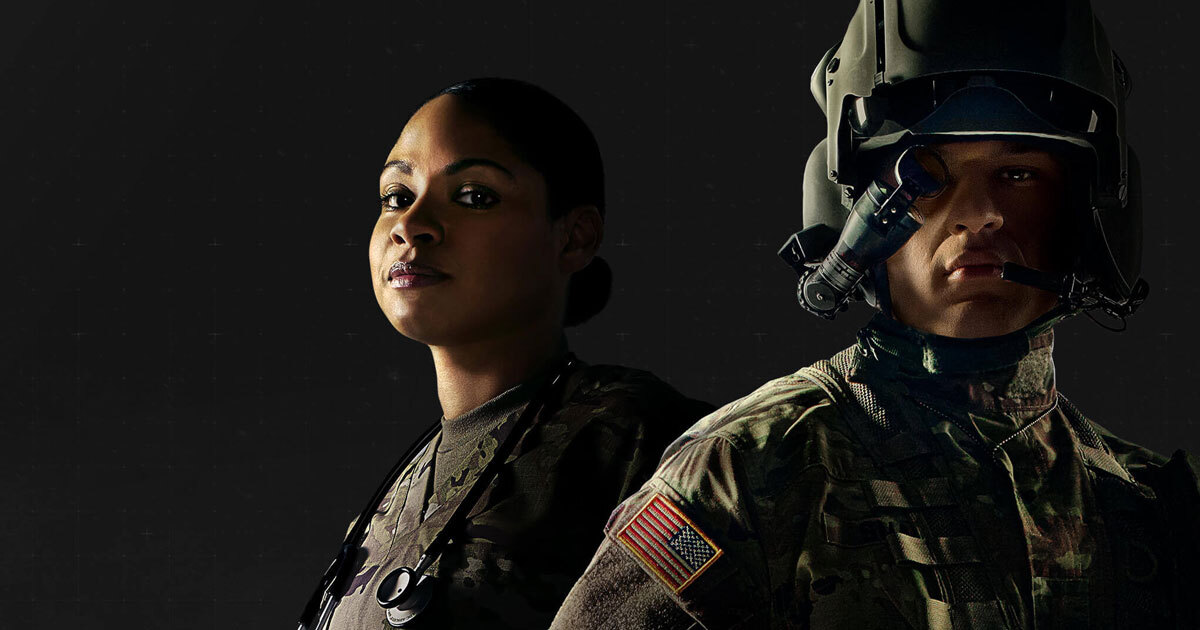You are using an out of date browser. It may not display this or other websites correctly.
You should upgrade or use an alternative browser.
You should upgrade or use an alternative browser.
Can someone simply explain the military intelligence branch
- Thread starter Cadet35
- Start date
- Joined
- Apr 16, 2010
- Messages
- 1,185
INTEL uses a number of different sources for information, but they are a critical component in the mission planning process. You have human intelligence like spy stuff or working with informants, but there is also a healthy amount of signal intelligence. A simple example would be evaluating satellite imagery for targeting.
I think the Air Force does a great job briefly describing each of their INTEL type roles here:

 www.airforce.com
www.airforce.com
I think the Air Force does a great job briefly describing each of their INTEL type roles here:
U.S. Air Force
Welcome to the United States Air Force. Learn about great opportunities for enlisted airmen, officers and health care professionals.
- Joined
- Oct 15, 2017
- Messages
- 6,754
First of all, kudos to you for doing zero research and doing the ask Siri thing here, instead.
Second, Military Intelligence is an oxymoron. I can say that with some degree of confidence, as I have worked in this field of endeavor.
Second, Military Intelligence is an oxymoron. I can say that with some degree of confidence, as I have worked in this field of endeavor.
This is what it looks like on the Army side:

 www.goarmy.com
www.goarmy.com
Important consideration, if you are AROTC, is that MI Lt's are usually branch detailed to a Combat Arms branch, i.e. Infantry, Armor, FA. IDK if the cadet gets any choice about the branch detail. The field is extremely broad.

Military Intelligence Officer
A Military Intelligence Officer collects intelligence and works on the frontlines to help save lives. Click here to learn more about this role.
Important consideration, if you are AROTC, is that MI Lt's are usually branch detailed to a Combat Arms branch, i.e. Infantry, Armor, FA. IDK if the cadet gets any choice about the branch detail. The field is extremely broad.
- Joined
- Sep 27, 2008
- Messages
- 20,553
This is SO accurate. The vast majority of military intel folks I know are not in the field operative business. They collect, analyze, synthesize, sort, assemble, develop, predict, compare, authenticate, correlate, extrapolate, interpret information/data to advise leadership. The ones who do the other stuff - well, you either don’t know they are doing it or if you have a sense they are doing it, they will never tell you and you don’t ask. For the most part, there is a lot of sitting in rooms with no windows poring over data. During deployments, it’s matter of being the on-hand intel adviser to leadership. Important job, takes focus and a brain that can see patterns, pick out anomalies, see Big Picture and Nano Picture.
Last edited:
We have an intel NCO at my unit. She comes to work late, drinks a few cups of coffee, then leaves whenever she wants. Once a month she sends out an unclassed intelligence briefing with open source info readily available on google. Take that for what its worth.
- Joined
- Dec 2, 2018
- Messages
- 695
First of all, kudos to you for doing zero research and doing the ask Siri thing here, instead.
Second, Military Intelligence is an oxymoron. I can say that with some degree of confidence, as I have worked in this field of endeavor.
Well done.
I like my sarcasm, like my champagne, extremely dry.
- Joined
- Sep 27, 2008
- Messages
- 20,553
Well done.
I like my sarcasm, like my champagne, extremely dry.
Because we are having Fun With Words, enjoy the sweetness scale for Champagne below. “Dry” (Sec) Champagne is much sweeter than Brut. Those French and their quirks. I have to think you are a Brut-ish sarcasm person?
@THParent may even be “Brut Nature.”

Last edited:
Cadet35
Member
- Joined
- Jul 11, 2019
- Messages
- 458
This is SO accurate. The vast majority of military intel folks I know are not in the field operative business. They collect, analyze, synthesize, sort, assemble, develop, predict, compare, authenticate, correlate, extrapolate, interpret information/data to advise leadership. The ones who do the other stuff - well, you either don’t know they are doing it or if you have a sense they are doing it, they will never tell you and you don’t ask. For the most part, there is a lot of sitting in rooms with no windows poring over data. During deployments, it’s matter of being the on-hand intel adviser to leadership. Important job, takes focus and a brain that can see patterns, pick out anomalies, see Big Picture and Nano Picture.
Doesn’t seem like the most interesting thing... I’m just on the search to find a career that I truly love so it won’t even feel like work.
- Joined
- Sep 27, 2008
- Messages
- 20,553
It is fascinating and rewarding to those who like to work their brains that way, and it is a vital function.Doesn’t seem like the most interesting thing... I’m just on the search to find a career that I truly love so it won’t even feel like work.
All the services have descriptions of their officer specialties on their websites. Dig in.
Have some fun with the free career assessment tests that are out there.You might get some insights about yourself that will help you think about this. DIY Sorting Hat.

Personality Tests to Help You Pick the Right Career
Personality tests can help you explore career options, and choose a professional path based on your strengths and weaknesses, values, interests, and skills.
- Joined
- Aug 27, 2010
- Messages
- 5,822
I had ZERO exposure to the Intel side of the Navy while I was at USNA and just about the same level over the early part of my career. A big part of that was due to the "behind the curtain" nature of how Intel was treated. To illustrate this, as a senior LCDR, I reported to 2nd Fleet's NATO staff and worked a number of at sea exercises. The Admiral's daily brief which I and the rest of the staff attended included an Intel brief which was pretty good and was the first regularly occurring intel info that I'd had. Prior to that I'd had occasional lectures/briefs on specific subjects but nothing on a recurring basis. While the briefs that we were getting were interesting, there was also a follow on/more detailed brief to which most of us were not invited. By then, I had 15 or so years of commissioned service and it was the first time that I had any real knowledge about what they did or could do.It is fascinating and rewarding to those who like to work their brains that way, and it is a vital function.
It is kind of funny that 10-12 years later, I was asked by my employer to start up a market and competitor intel unit within our business unit and a year later, my unit was "promoted" to become the competitive intelligence unit for a major piece of the Fortune 50 corporation. I wish that I'd had the knowledge/opportunity of the Intel world when I was a Junior officer as it turned out that I was pretty good at it.

